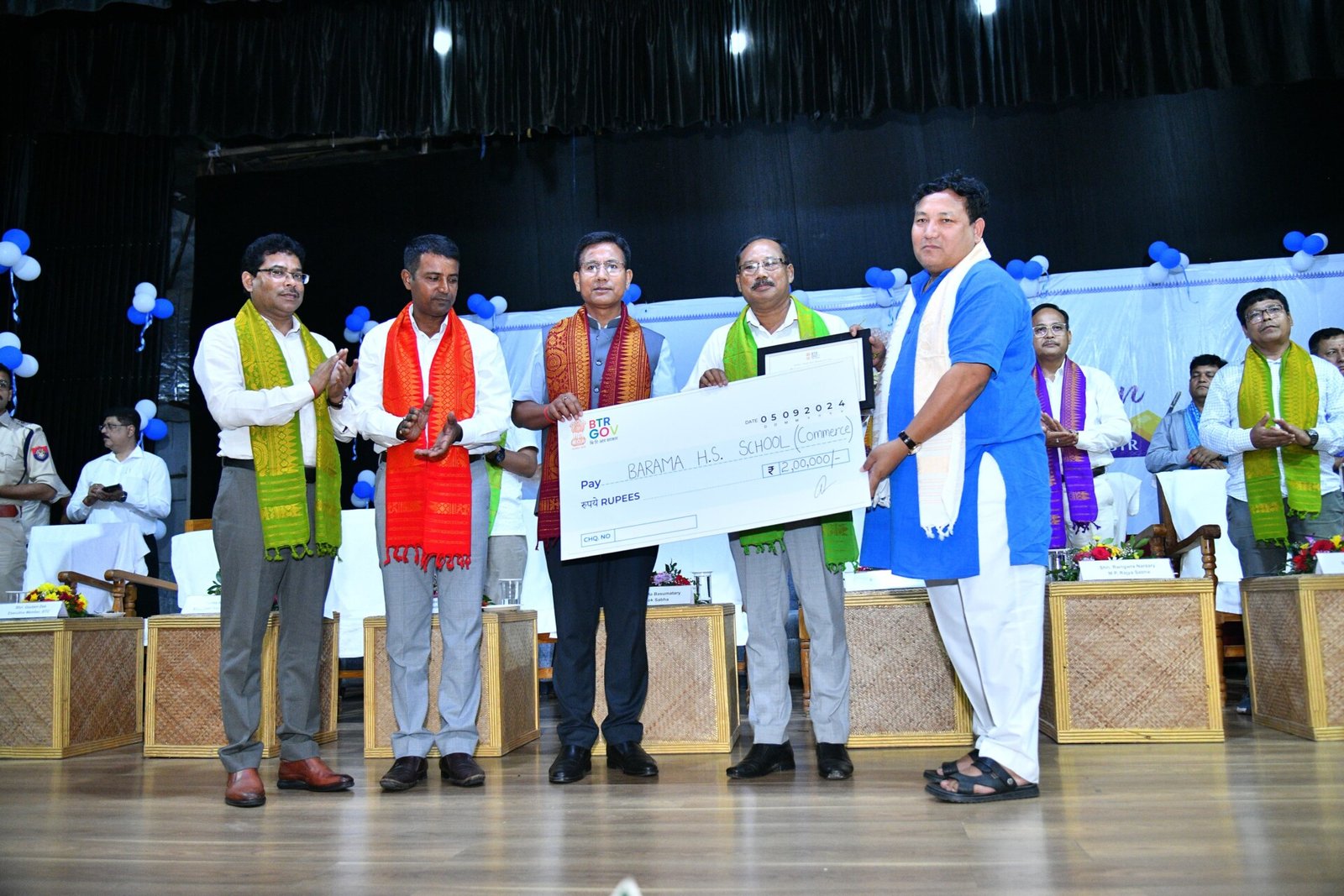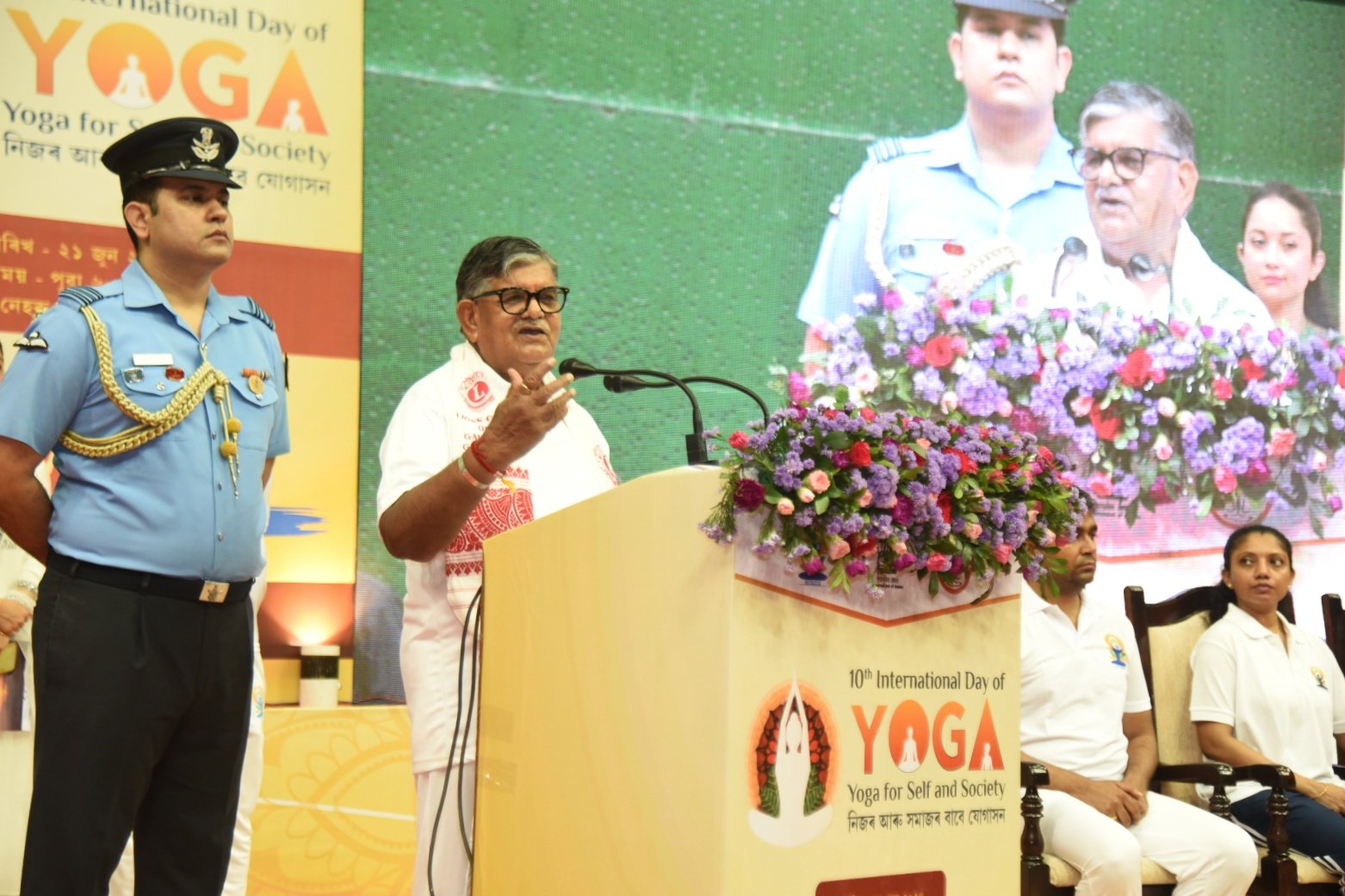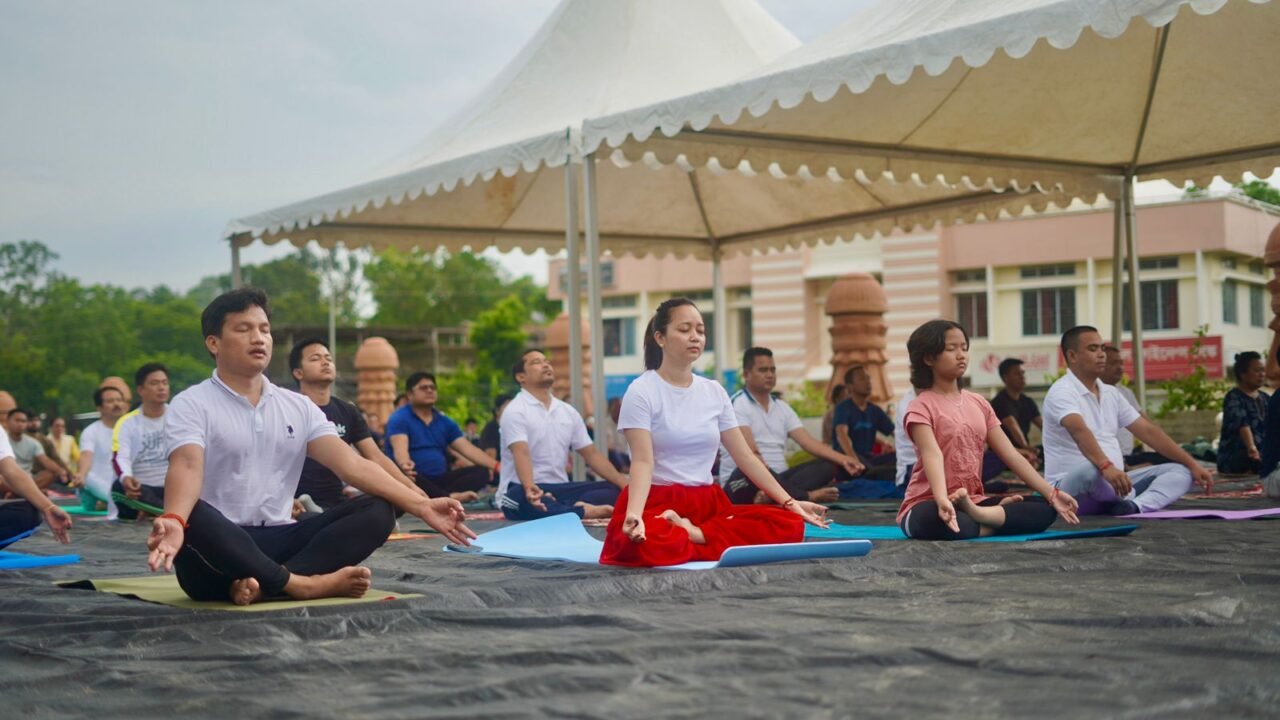HT Correspondent
TEZPUR, Nov 29: The Indian educated class, particularly the elite, is alienated from Indian culture. Somehow, they are hypnotised by colonialism and Europe, becoming disconnected from their roots. This was the observation of Diganta Biswa Sarma, Sahitya Akademi Award winner and professor of Practice, Dibrugarh University. Sarma was delivering the Madhab Chandra Bora (MCB) Memorial Oration, organised by the Department of Business Administration, Tezpur University, on Friday.
Prof Madhab Chandra Bora was the first dean of the School of Management Sciences, Tezpur University. Since 2005, the highlight of this day has been an oration by an eminent personality invited to deliberate on a theme of contemporary relevance. The theme of this edition of the MCB Oration was ‘The Contemporary and Universal Relevance of the Indian Knowledge System (IKS)’. Sarma’s insightful presentation delved into the richness of India’s ancient wisdom and its significance in shaping modern India.
Speaking on the occasion, Sarma said that Sankardeva, in his writings, mentioned Bharatavarsha 43 times and clearly indicated that an individual is fortunate to be born in Bharata. His disciple, Madhavdev, also echoed the same sentiment. “Spirituality, vitality, and intellectuality are three major components of India. Whenever there is a decline in any of these three, India has fallen into darkness,” Sarma explained. Knowledge is not mere thinking; true knowledge is called Pragya—wisdom, he further added.
Taking a dig at the Indian educated elite class, Sarma remarked that they see knowledge in the West and weaknesses in India. Appreciating the University Grants Commission, he said that the introduction of IKS would prevent cultural alienation.
Earlier, Dr Tridib R Sarma, head of the department of Business Administration, recalled the works of Prof Bora and described him as a man of diverse qualities. During the event, winners of the quiz organised in memory of the late Prof Bora were awarded. Prof Shambhu Nath Singh lauded the department for organising the memorial lecture since 2005.












